

fetching latest news
News tagged in:

German energy prices are so high that some companies are considering leaving the country altogether, according to Siegfried Russwurm, head of the German Industry Federation (BDI).

Aramco’s CEO Amin Nasser believes that the oil market fundamentals remain generally “sound” for the rest of the year.

China National Petroleum Corp. cut its forecast for the nation’s oil demand this year, as a post-Covid economic recovery continues to disappoint.

Indian diesel and gasoline demand both set all-time highs in May, according to a new report from Standard Chartered, which was sent to Rigzone recently.
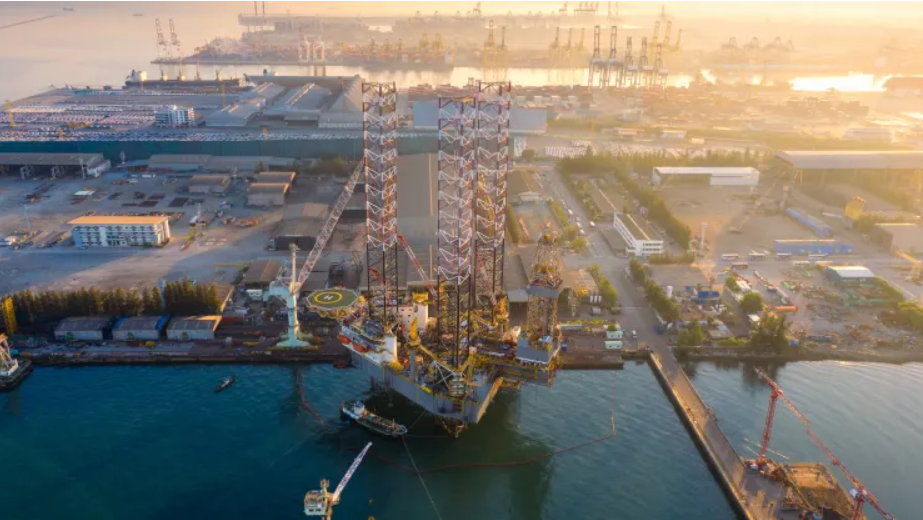
The IEA has underlined a disconnect between investment sentiment fueled by broader economic fears and tightening supply-demand balances.
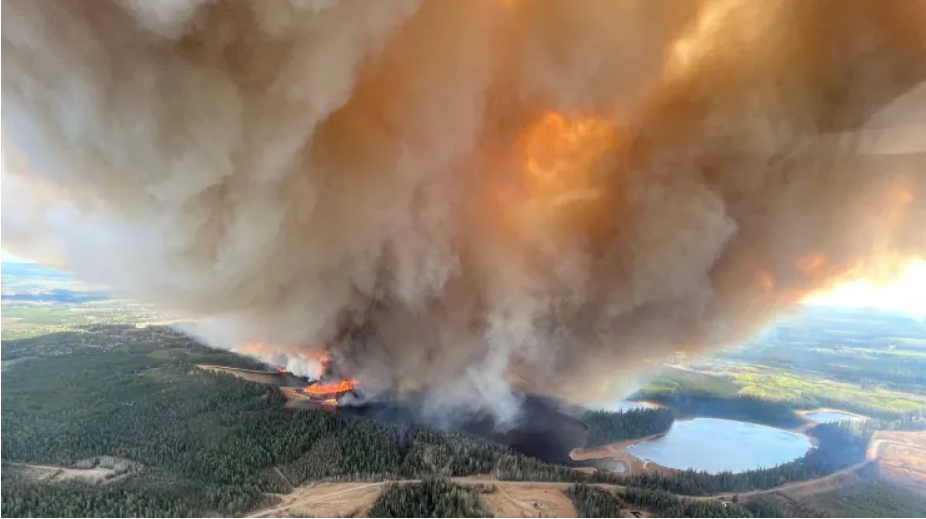
Wildfires burning across western Canada have forced thousands of people to evacuate their homes and have prompted some oil and gas companies to curb production as blazes approach pipelines.
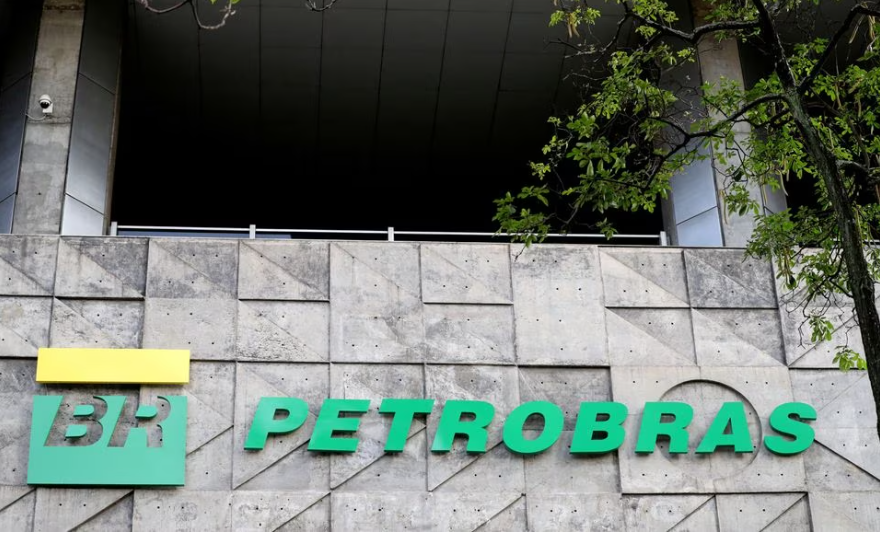
Brazilian state oil company Petrobras approved a new fuel pricing policy for gasoline and diesel that will sharply lower costs for motorists, it announced on Tuesday, ditching a more market-based policy in favor of greater flexibility to smooth price swings.
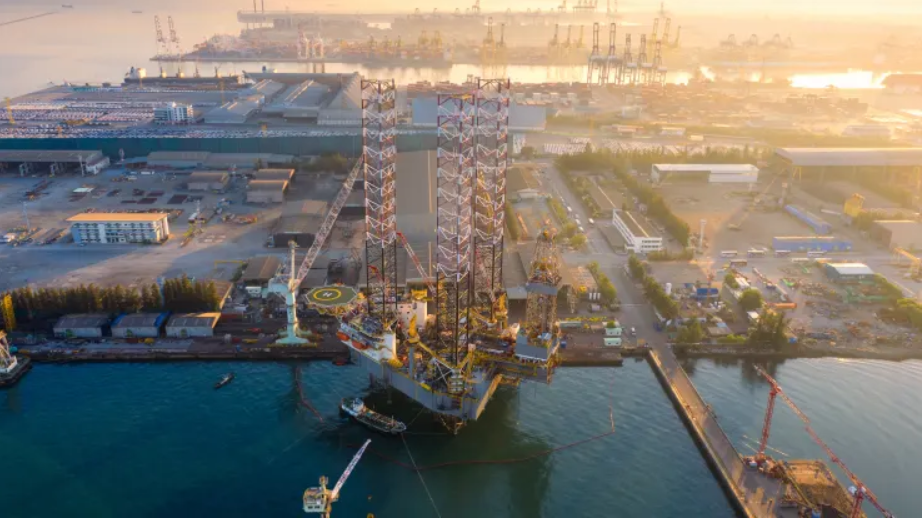
The plunge in oil prices will bottom out soon with a more significant pickup in subsequent quarters, some analysts forecast. Oil prices saw their third consecutive weekly decline last week, marking the longest losing run this year.

A “major pullback” in oil prices is a growing risk, according to Joseph Gatdula, the Head of Oil & Gas Research at BMI.
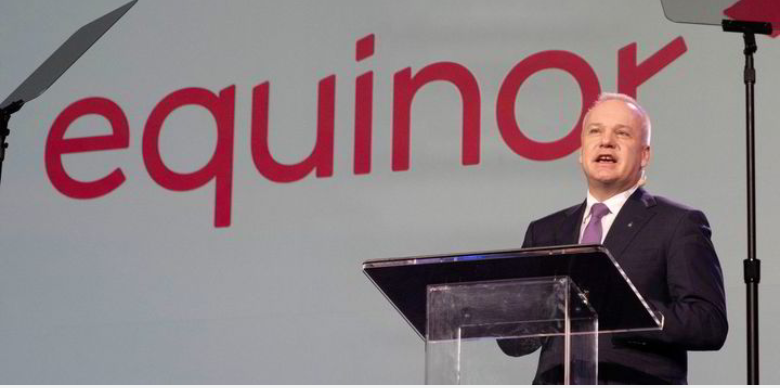
Analysts point to an impressive performance in a quarter where profit is falling back from record levels seen in 2022. Norwegian energy giant Equinor has posted stronger than expected first quarter results at a time it is playing a key role in European energy security.
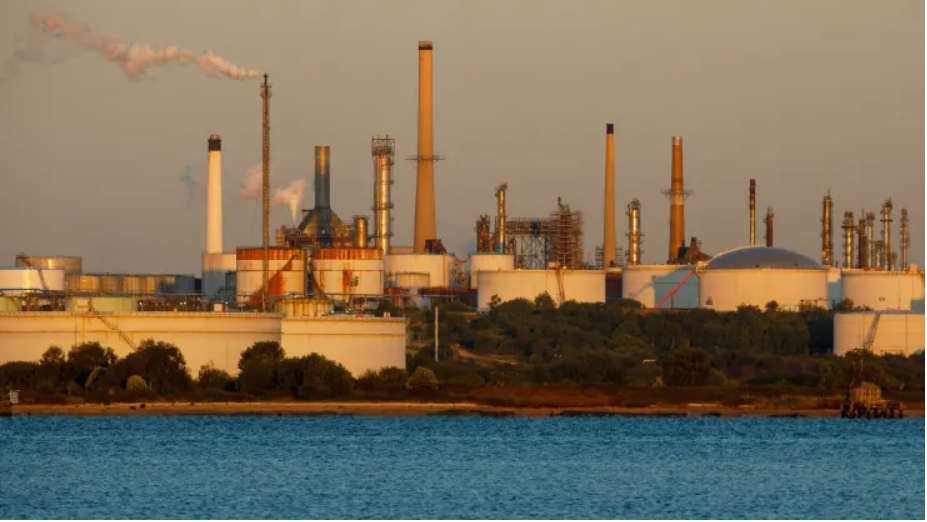
On Sunday, OPEC+ announced a production cut of 1.16 million barrels per day, in a move that oil markets were not expecting. Some analysts are forecasting oil prices to be driven up to $100 per barrel.

If fully delivered, the newly announced OPEC+ cuts would further tighten an already fundamentally tight oil market, drive Brent towards $100 per barrel sooner than previously expected and push the price to around $110 per barrel this summer.
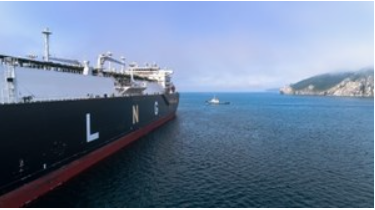
Europe has a new benchmark for liquefied natural gas (LNG) which regulators hope will disentangle the market from the kind of price surges witnessed last year.
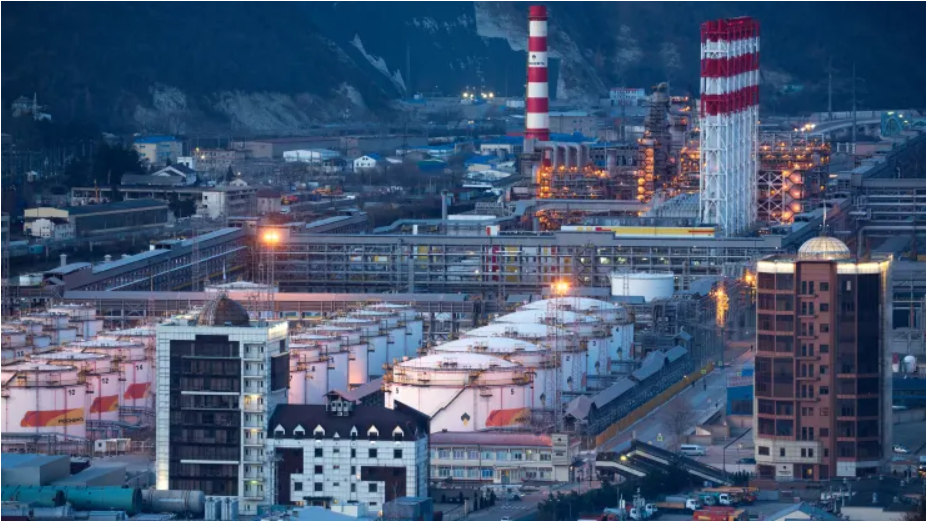
Oil prices surged as much as 8% at the open after OPEC+ announced it was slashing output by 1.16 million barrels per day. The voluntary cuts will start from May to end 2023, Saudi Arabia announced, saying it was a “precautionary measure” targeted toward stabilizing the oil market.
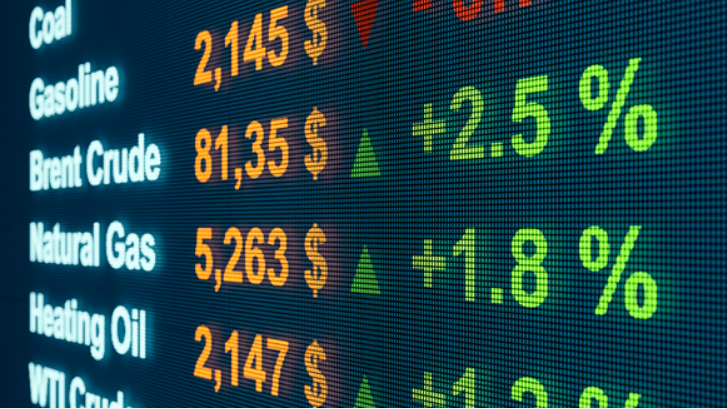
After years of wrangling, the world’s most important oil price is about to be transformed for good, allowing crude supplies from west Texas to help determine the price of millions of barrels a day of petroleum transactions.
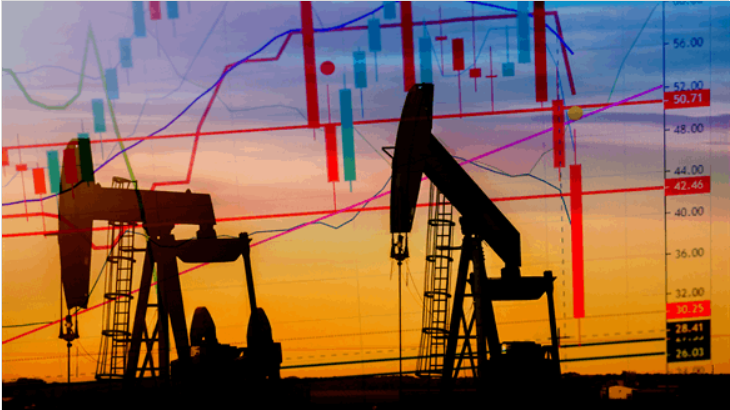
Goldman Sachs Group Inc., one of the most bullish banks on its outlook for oil, has nudged its forecasts down as worries over the banking sector and the potential for recession outweigh a surge in demand from China.
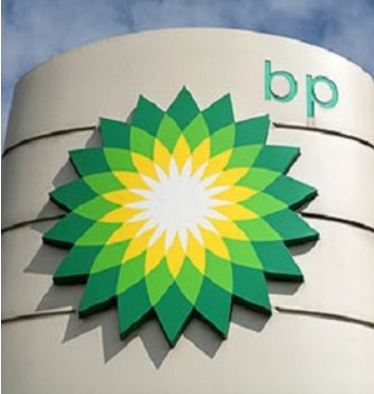
BP Plc’s Chief U.S. Economist Michael Cohen said the oil industry focused too much on cutting greenhouse gases last year, eroding its ability to keep pace with demand.

ABU DHABI, March 3 (Reuters) - State oil giant Abu Dhabi National Oil Co (ADNOC) on Friday set the final price for its initial public offering, valuing the company at about $50 billion after drawing record demand. It will become Abu Dhabi's largest listed company.